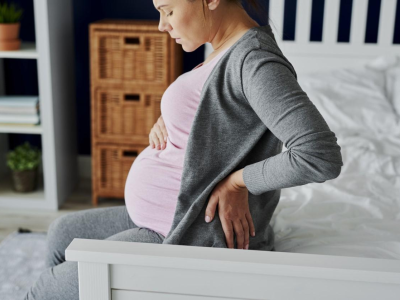Two new studies spotlight long COVID, with one finding no evidence of ongoing infection or brain damage among patients with persistent symptoms, and the other finding that COVID-19 patients had more than double the risk of shortness of breath and memory loss than uninfected participants more than 3 months after infection.
No sign of immune activation, brain injury
For the first study, researchers from the University of Gothenburg in Sweden and Meso Scale Diagnostics in Maryland clinically examined and interviewed 31 adults (25 diagnosed as having neurocognitive long COVID (or PCC, post-COVID condition), 6 fully recovered from COVID-19, and 17 uninfected controls) 3 or more months after COVID-19 diagnosis from March 2020 to May 2021.
Participants completed symptom questionnaires and underwent lumbar puncture and venipuncture for analysis of cerebrospinal fluid (CSF) biomarkers of immune activation, antigens, and neuronal injury.
The study was published this week in The Journal of Infectious Diseases.
Median age was 50.0 years among long-COVID patients, 60.0 years in the COVID-19 control group, and 54.7 years in the healthy control group. Time from COVID-19 onset to study visit was 134 days for long-COVID patients and 110 days for COVID-19 controls.
Long-COVID patients most often reported fatigue (80%), memory loss or impaired concentration (64%), and brain fog (28%). The rate of receipt of one or more COVID vaccine doses before sampling was 56% in long-COVID participants, 50% in COVID-19 controls, and 53% in healthy controls.
There were no significant differences in the blood or CSF of immune activation or brain injury biomarkers. "We found no evidence of ongoing viral replication, immune activation, or CNS injury in plasma or CSF in patients with neurocognitive PCC compared with COVID-19 controls or healthy volunteers," the study authors wrote.
"The results suggest that the condition is more likely a consequence of events that occur during the acute phase of COVID-19, rather than an ongoing viral infection or persistent inflammation of the central nervous system," first author Nelly Kanberg, a doctoral student at the University of Gothenburg, said in a university news release.
The findings, the authors concluded, may have implications for future studies of long-COVID pathogenesis and treatments in relation to persistent neurocognitive symptoms. They called for studies into long COVID's pathogenetic mechanisms, whether specific to SARS-CoV-2 or infectious diseases in general.



















